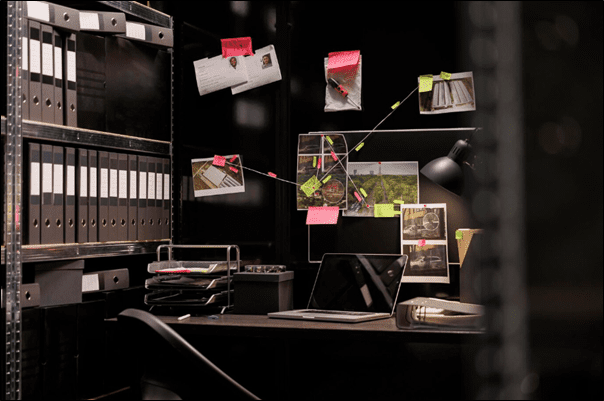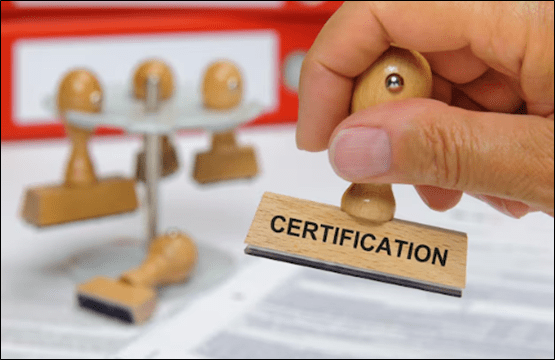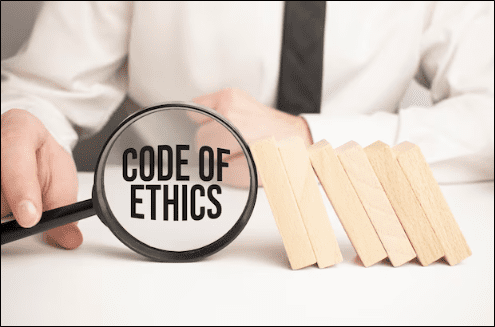Whether you’re dealing with a personal matter like suspected infidelity, a legal issue, or a corporate investigation, hiring the right private investigator is crucial. A skilled and reputable PI can provide the evidence and peace of mind you need. However, choosing the right investigator can be challenging, especially with so many options available. This guide will help you navigate the process of selecting the best private investigator for your case, ensuring you make an informed decision.
1. Determine Your Needs
Before you start looking for a private investigator, it’s essential to clearly define your needs. Different investigators specialize in various areas, such as:
- Infidelity and Surveillance: Tracking and documenting the activities of a suspected unfaithful partner.
- Background Checks: Verifying the history and credentials of individuals or businesses.
- Corporate Investigations: Investigating internal theft, fraud, or other corporate misconduct.
- Missing Persons: Locating missing family members, debtors, or lost contacts.
- Legal Support: Assisting attorneys with evidence gathering and witness location for legal cases.
Understanding your specific requirements will help you narrow down the list of potential investigators who have the expertise relevant to your case.

2. Verify Licensing and Certification
In the United States, private investigators are required to be licensed in most states. Licensing ensures that the investigator has met certain standards of education, training, and ethical conduct. Here’s what to look for:
- State License: Verify that the investigator holds a valid license in the state where the investigation will take place. You can usually check this through the state’s regulatory board or licensing authority.
- Professional Associations: Membership in professional associations, such as the National Association of Legal Investigators (NALI) or the National Association of Investigative Specialists (NAIS), indicates a commitment to industry standards and continuing education.

3. Assess Experience and Expertise
Experience is a critical factor in choosing the right private investigator. An experienced investigator will have honed their skills over time and will be better equipped to handle the complexities of your case. Consider the following:
- Specialization: Choose an investigator with experience in the specific type of investigation you require. For example, an investigator specializing in corporate fraud may not be the best fit for a domestic infidelity case.
- Track Record: Ask about the investigator’s success rate and request references from previous clients. Positive testimonials and a solid track record of successful investigations are good indicators of competence.

4. Evaluate Reputation and Reviews
A private investigator’s reputation is a strong indicator of their reliability and professionalism. Here’s how to assess reputation:
- Online Reviews: Check online reviews and ratings on platforms like Google, Yelp, or specialized investigative directories. Look for patterns in feedback to gauge overall client satisfaction.
- Word of Mouth: Ask friends, family, or colleagues if they have any recommendations based on their experiences.

5. Ensure Confidentiality and Ethics
Confidentiality is paramount in private investigations. You need to trust that the investigator will handle your case discreetly and ethically. Consider these points:
- Confidentiality Policy: Ask about the investigator’s confidentiality policy and how they protect client information.
- Ethical Practices: Ensure the investigator adheres to legal and ethical standards. They should not engage in illegal activities, such as unauthorized wiretapping or hacking, to gather information.

6. Discuss Costs and Agreements
Understanding the costs involved and having a clear agreement in place is crucial to avoid misunderstandings. Here’s what to do:
- Fee Structure: Inquire about the investigator’s fee structure. Some charge hourly rates, while others may offer flat fees or retainers. Make sure to get a detailed estimate of the total cost.
- Written Contract: Ensure there is a written contract outlining the scope of work, costs, confidentiality terms, and expected outcomes. This contract should protect both parties and clarify expectations.

7. Conduct an Initial Consultation
Most private investigators offer an initial consultation, often free of charge. This meeting is an opportunity to discuss your case, ask questions, and evaluate whether the investigator is a good fit for your needs. During the consultation, consider the following:
- Communication Skills: Assess how well the investigator communicates. They should listen to your concerns, answer your questions clearly, and explain their process.
- Professionalism: Evaluate their professionalism and demeanor. A good investigator should be courteous, respectful, and appear competent.

Conclusion
Choosing the right private investigator can make a significant difference in the outcome of your case. By clearly defining your needs, verifying credentials, assessing experience, checking reputation, ensuring confidentiality, discussing costs, and conducting an initial consultation, you can make an informed decision. A professional and skilled private investigator will provide the evidence and support you need while maintaining the highest standards of discretion and ethics. At Valdes Investigation Group, we pride ourselves on our expertise, professionalism, and commitment to our clients. Contact us today for a confidential consultation and let us help you uncover the truth.
